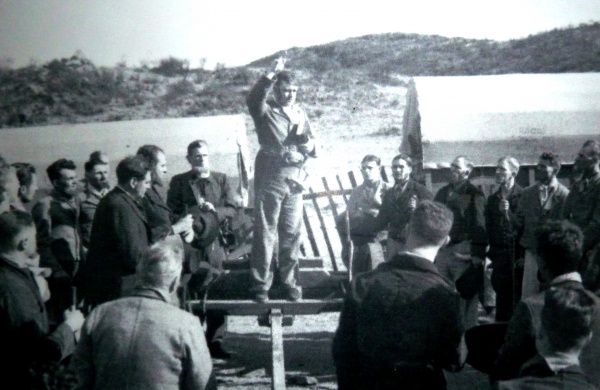Facts About Day of the Vow
The Day of the Vow, a significant religious public holiday in South Africa, has its origins in the Battle of Blood River on December 16, 1838. Originally called Dingane's Day, it was designated a national holiday in 1910 and later renamed the Day of the Vow in 1982. For Afrikaners, this day held profound significance as they had made a vow before the battle, promising to honor the day as a holy Sabbath if they achieved victory with God's intervention.
The exact wording of the vow remains unclear, with various historical accounts offering different versions. However, the essence of the vow was a commitment to build a church in God’s honor and to commemorate the day annually. For many, the Day of the Vow evolved into a time of thanksgiving and remembrance for their triumph over the Zulu forces at Blood River.
Over the years, the manner in which the Day of the Vow was commemorated varied throughout South Africa. The holiday's observance and significance evolved, sparking debates about its historical context and meaning. Some scholars criticized the holiday, arguing that it was used to justify racial oppression and celebrate Boer expansion at the expense of indigenous black populations.
In 1994, following the end of Apartheid, the Day of the Vow was replaced by the Day of Reconciliation, which is still observed on December 16. This change aimed to promote inclusivity and healing in post-apartheid South Africa. The transformation of the holiday and the discussions surrounding its history underscore the complex and evolving nature of commemorations in a diverse society.

 Eswatini (Swaziland)
Eswatini (Swaziland)